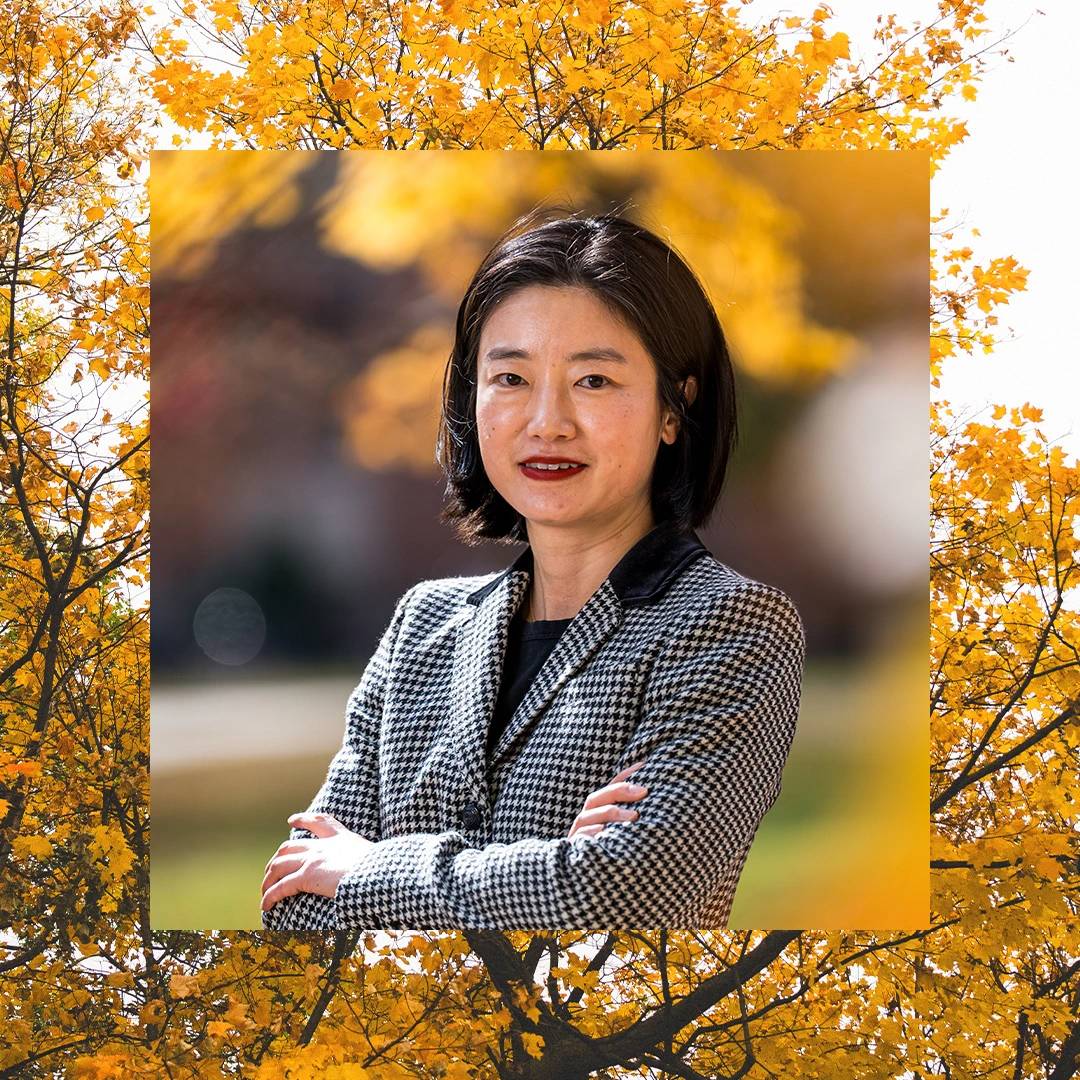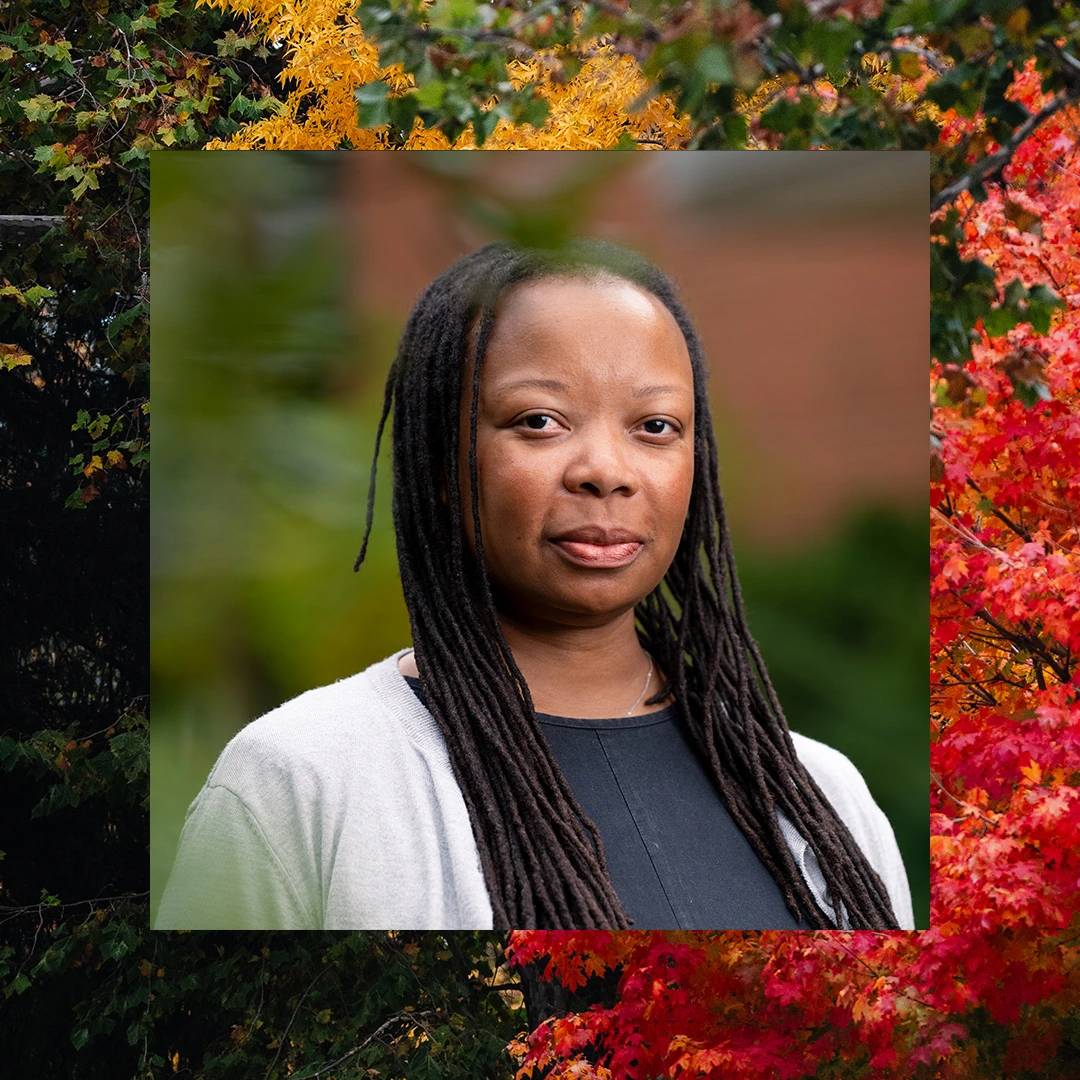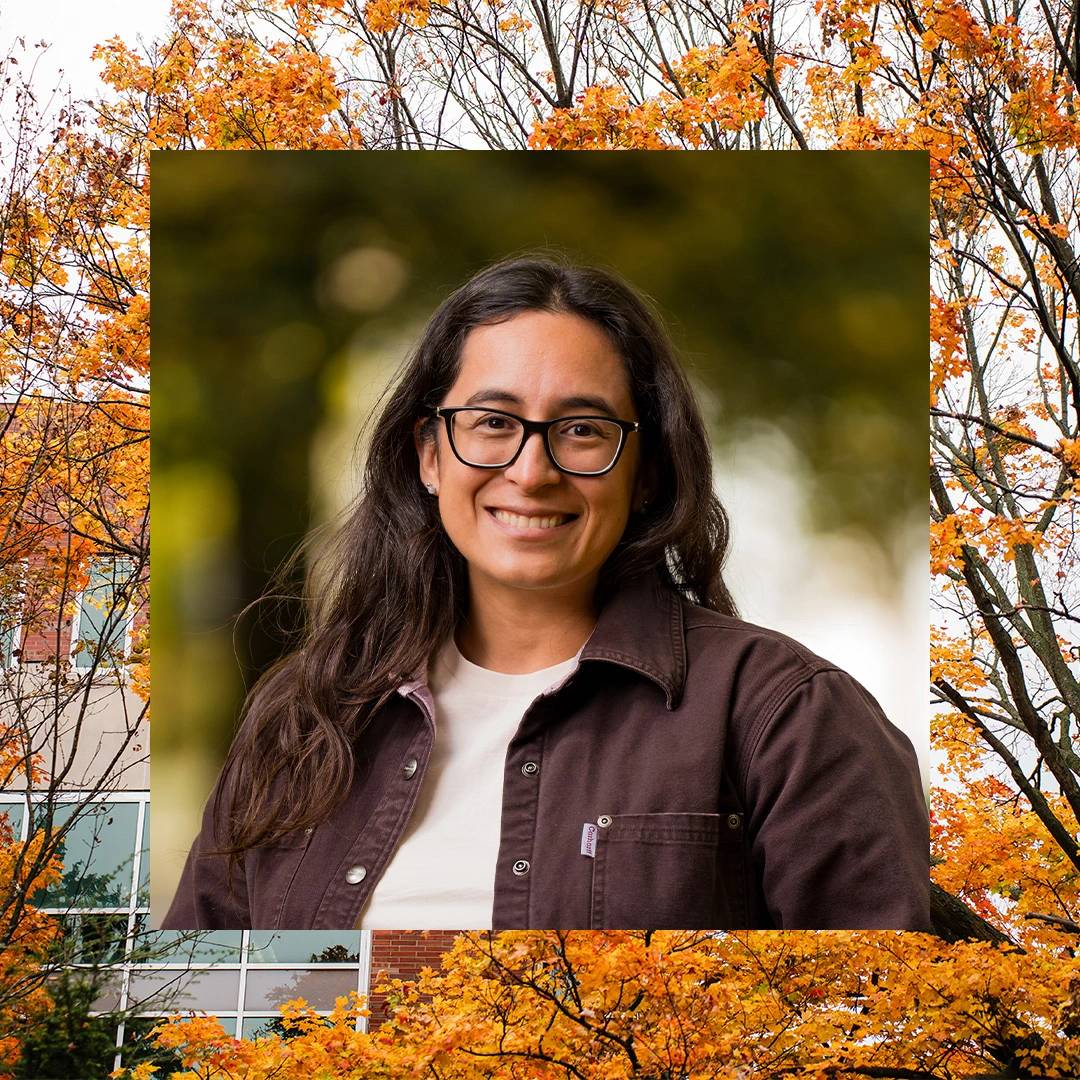Three NatSci faculty among MSU’s first cohort of 1855 Professors
Article Highlights
- The first cohort in MSU’s 1855 Professorships program includes three faculty from the College of Natural Science.
- The professorships were developed to form a cross-disciplinary group of professors to work together to advance MSU’s DEI objectives and increase collaboration.
- A new recruitment cycle is currently underway to search for the next cohort of faculty for this program.
Michigan State University’s first cohort of scholars in the 1855 Professorships program includes three faculty members in the College of Natural Science.
MSU’s newly launched program, named for the year MSU was founded, has recruited its first cohort of scholars who are taking bold strides to address some of society’s most pressing challenges. Created by the Office of the Provost, the program brings together 10 faculty members with one purpose: advancing MSU’s commitment to diversity, equity and inclusion while elevating the university’s academic and research excellence.
Last fall and spring, after a call for proposals and thorough hiring process, MSU welcomed these 10 faculty members across multiple departments and colleges. The initiative is one step the university is taking to become a national leader in increasing diversity, promoting inclusion, ensuring equity and eliminating disparities.
The professorships were developed to form a cross-disciplinary group of professors to work together to advance MSU’s DEI objectives, foster new partnerships and do what Spartans do best: enhance collaborations campuswide. And while the first cohort is already on campus, a new recruitment cycle is currently underway to search for the next professors who will help advance the mission.
Guanqun Cao – Algorithmic Bias

“The 1855 Professorship is a perfect fit for my research, and the opportunity to return to my alma mater to contribute to its growth has always been a dream of mine,” says Guanqun Cao, who earned her doctorate in statistics from MSU. Today, Cao is an associate professor in the Department of Statistics and Probability and the Department of Computational Mathematics, Science and Engineering in the College of Natural Science.
Cao’s research focuses on statistical modeling and algorithms related to diversity, equity and inclusion and topics in high-dimensional statistics and machine learning. A recent project, motivated by a study of adult obesity rates in the U.S., addresses how social disparities in obesity disproportionately affect low-income and racial and ethnic minority subgroups.
“This role,” Cao says, “will empower me to elevate the academic quality and reputation of MSU by developing innovative initiatives, engaging with diverse perspectives and ensuring that our community continues to be a place where all students can thrive.”
Thelma Madzima – Diversity in Plant Sciences

Growing up in Zimbabwe, Thelma Madzima witnessed the devastating impacts of drought on agricultural productivity and human livelihood. Today, as an associate professor of diversity and data science in the Department of Plant Biology in the College of Natural Science, her research focuses on understanding how epigenetic mechanisms — the processes that affect how genes work without changing DNA — facilitate growth, development and response to stress stimuli like drought or temperature changes in crop plants.
“Being an 1855 professor at MSU, a land-grant institution, allows me to combine field research and computational biology to understand how crop plants respond to environmental stresses at the molecular level,” Madzima says. “We aim to tackle the critical challenges presented by environmental stress on agricultural productivity and food security using innovative biotechnology-based approaches. I strongly believe that a diverse taskforce promotes innovation and, in this position, I can continue to advocate for the inclusion of individuals from diverse backgrounds and identities into the plant sciences.”
Madzima is dedicated to increasing diversity in STEM fields and actively participates in several recruitment and retention programs that support people from underrepresented groups in science. She has received several awards for her efforts in this area.
Grace Smith Vidaurre – Diversifying Data Science

By studying parrots and songbirds, Grace Smith Vidaurre is using a data-science perspective to address questions spanning ecology, evolution and neuroscience. An assistant professor in Data Science for STEM, Vidaurre’s lab is affiliated with the departments of Integrative Biology and Computational Mathematics, Science and Engineering, as well as the Ecology, Evolution and Behavior program.
“My 1855 Professorship is a unique position that supports a positive feedback loop between biology and applied data science,” Vidaurre says. “Throughout my academic career, my most creative and productive experiences have been when I work and think at the intersection of biology and data science. I am very excited for the continued research, new research directions and training opportunities for students that my interdisciplinary position will facilitate in the longer-term.”
Adapted from a story originally published on MSUToday
- Categories: